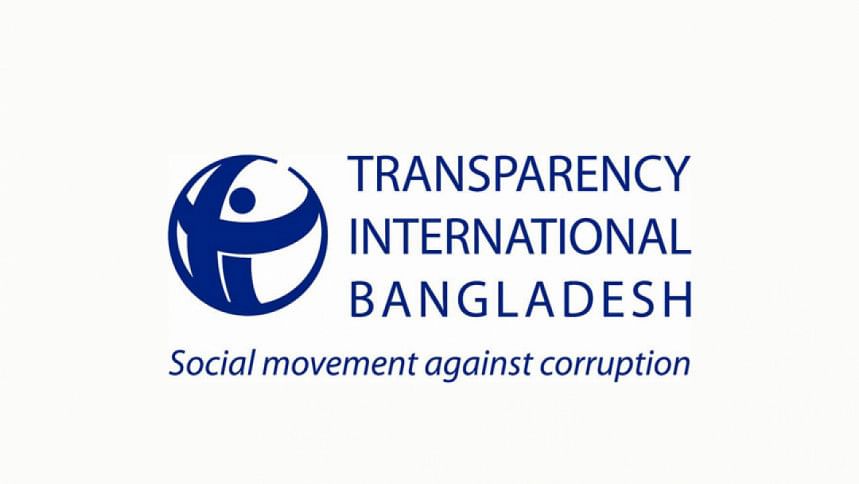Removal of river commission chief worrying

Transparency International Bangladesh yesterday expressed deep concern over the abrupt removal of the National River Conservation Commission's chairman, saying it goes against the government's commitment to protect rivers.
In a statement, the anti-graft watchdog said the government can remove the NRCC chairman. But the message it tried to convey through this removal is a cause of concern.
The tenure of Manjur Ahmed Chowdhury as NRCC chairman ended abruptly on Wednesday when the government cancelled his appointment, less than a month after he said a female minister from Chandpur was lending support to a syndicate extracting sand from the Meghna river.
"This move [the removal of Manzur] contradicts the government's commitment to protect the rivers," claimed the Bangladesh chapter of the Berlin-based organisation in a statement.
TIB Executive Director Iftekharuzzaman said the people became hopeful as Manjur took a strong stance against river polluters and grabbers.
People started to know who were grabbing rivers, and who were polluting them. The action taken by the commission also brought pace in the movement to save rivers, he said.
Iftekharuzzaman urged the government to rethink its decision, saying the impact of his removal will be felt for a long time.
The government move indicates it is not only giving impunity to those who are destroying rivers but also protecting them from criticism and ensuring that nobody can point fingers at them, he said.
He said the government is moving backwards at a time when rivers in Bangladesh and across the world are being recognised as a "living entity".
Iftekharuzzaman called upon the government to investigate specific allegations of river grabbing, pollution, and illegal sand lifting.
"It is the government's responsibility to uphold the people's rights, not to protect the influential," he added.
Although NRCC is a statutory body, "it has been made ineffective" by law", alleged Iftekharuzzaman.
The commission can only place suggestions before the government. It does not have the power to take action against the grabbers and polluters, he said, adding that the government is not under any obligation to implement the NRCC's recommendations.
But there is no alternative to empower the NRCC to ensure the safety of the people and their livelihoods, he added.

 For all latest news, follow The Daily Star's Google News channel.
For all latest news, follow The Daily Star's Google News channel. 



Comments